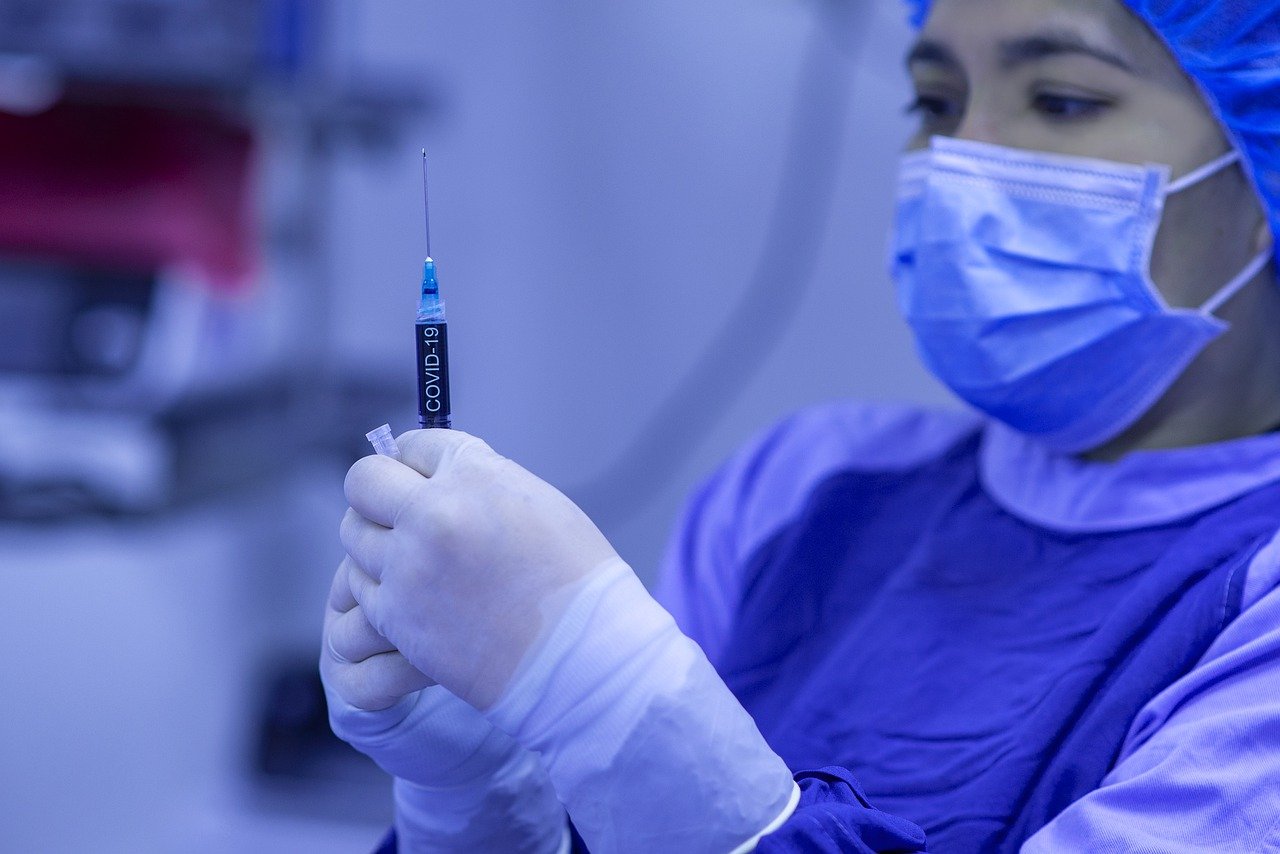
China’s Covid vaccines may attract developing countries that may face a long wait if they want a vaccine from the West, a DBS economist says.
“Considering the billions of doses needed, and the risk [of] falling at the back of a very long line for Western vaccines, the appeal of the Chinese vaccines is apparent,” Taimur Baig, chief economist and managing director at DBS Group Research, said in a note.
Poorer countries may find Western vaccines expensive once they are approved by regulators.
Citi said that developed countries have sealed 85% of total bilateral pre-orders of coronavirus vaccines. Countries such as the U.S., U.K., Australia, Canada, Japan, and those in the European Union have secured supplies that go beyond the number of their populations.
China is home to five vaccine candidates in phase three trials, according to the Ministry of Foreign Affairs. This is considered the final step before government regulators approve the vaccine for approval.
Sinopharm, or China National Pharmaceutical Group, reportedly applied for approval last week. The company has two vaccine candidates, but it is not certain if both are candidates for regulatory approval. Beijing has pledged to help countries like Cambodia and Malaysia.
There is not much data about the efficacy of China's Covid vaccines. The state-controlled Global Times this month released a story applauding the country's coronavirus vaccines as “very effective.”
According to Reuters, the country gave three vaccines to limited groups under an emergency use program. About one million people have taken an experimental vaccine developed by Sinopharm.
Such an approach is “unconventional,” according to Dale Fisher, a professor at the National University of Singapore’s Yong Loo Lin School of Medicine.
“It is normal to wait for an analysis of phase three trials before ramping up a vaccine program through emergency use authorization,” said Fisher, who is also chair of the World Health Organization (WHO) Global Outbreak Alert and Response Network.
Fisher said in an email that a move like that would be “unacceptable” in the West but could speed up learning about the virus if there is sufficient surveillance of those who took the vaccine.
“They will obtain a lot of data doing it this way, but it can be difficult to interpret in the absence of controls,” he added.
Phase 3 trials are best at ascertaining the efficacy of the vaccine and the duration of its effectiveness, he said.
Baig of DBS explained that lower costs and China's willingness to distribute vaccines make them appealing.
Messenger RNA technology, known as mRNA for short, utilizes genetic material to improve the body’s own infection-fighting process.
“Hence, [Chinese vaccines] are likely to be cost-competitive and logistically easier to handle,” he said.
Moreover, China has entered agreements to test and produce vaccines in countries such as Indonesia, Pakistan, and Mexico.
“But a far wider-reaching move would be to aggressively produce and deliver vaccines worldwide,” Baig said, adding that the bank expects a lot of “vaccine diplomacy” from China next year.






